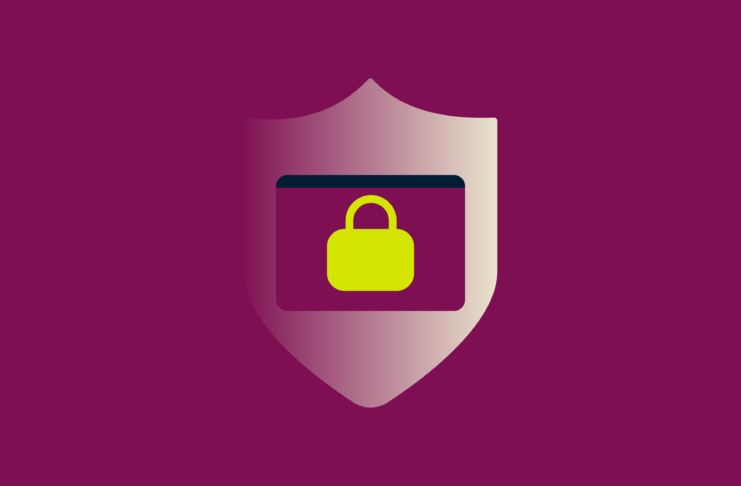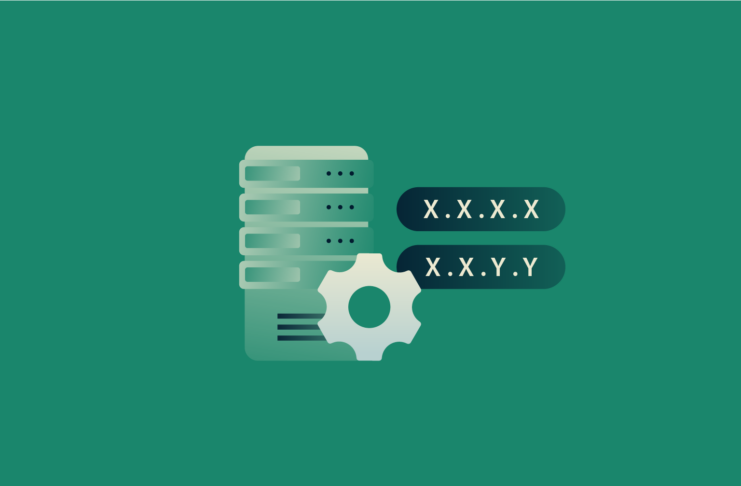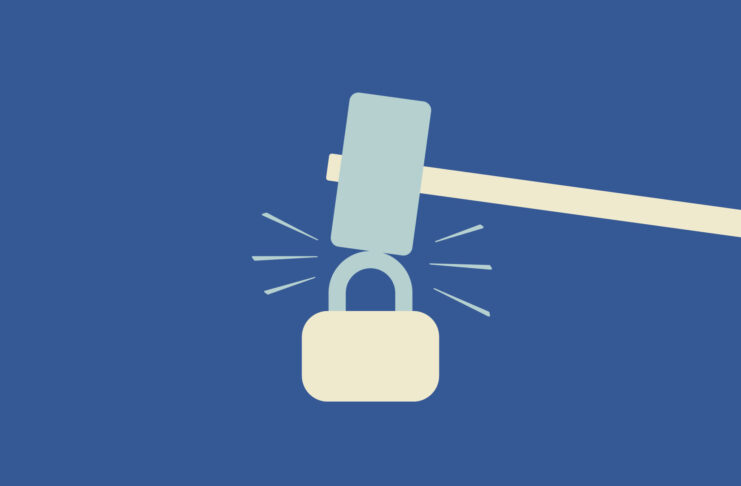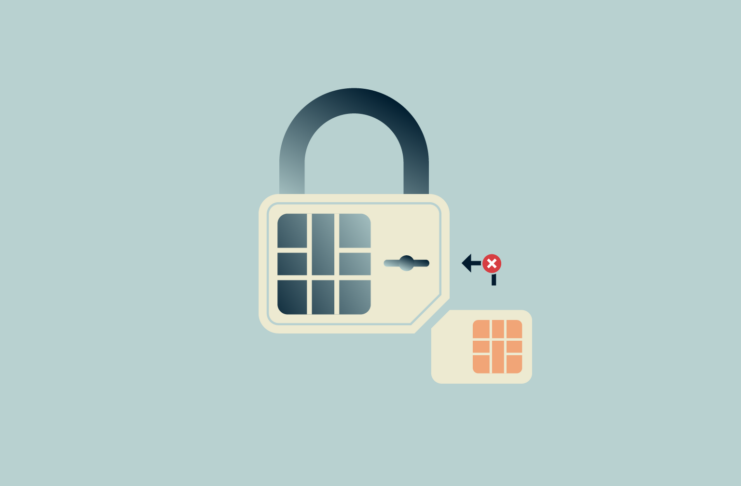Filter Posts
Types of internet connections explained
Some people think “Wi-Fi” is the internet—but that’s a common mix-up. Wi-Fi is just the way your devices connect...
SSL VPN: What it is and why it matters
SSL VPN (Secure Sockets Layer Virtual Private Network) is a tool many organizations rely on to secure remote work...
What is my DNS? How to check and find your DNS...
When you want to access a website or online platform, you type the address into your internet browser, like...
Brute force attack: What it is and how to prevent it
A brute force attack is exactly what it sounds like: instead of looking for a secret way into your...
SIM swapping: What you need to know to stay protected
Malicious actors could cancel your SIM card and divert all your calls to themselves. Here are 5 ways to protect yourself.
Is Bitly safe? What to know before clicking short links
Shortened URLs are everywhere—on social media, in text messages, and across the web. Services like Bitly turn long web...
Nigerian prince scam: What is it and how to stay safe
The Nigerian prince scam is a form of advance-fee scam where a scammer convinces a victim to send them...
What is OPSEC, and why do you need it?
OPSEC may have derived from the military but its concept is actually far-reaching.
What is a replay attack? How it works and ways to...
A replay attack is a relatively common way to hack an account. Find out what it is and how it works.
Link manipulation: What is it and how to stay safe
Link manipulation is a common tactic used by cybercriminals—they trick people into visiting harmful sites by disguising phishing links...













